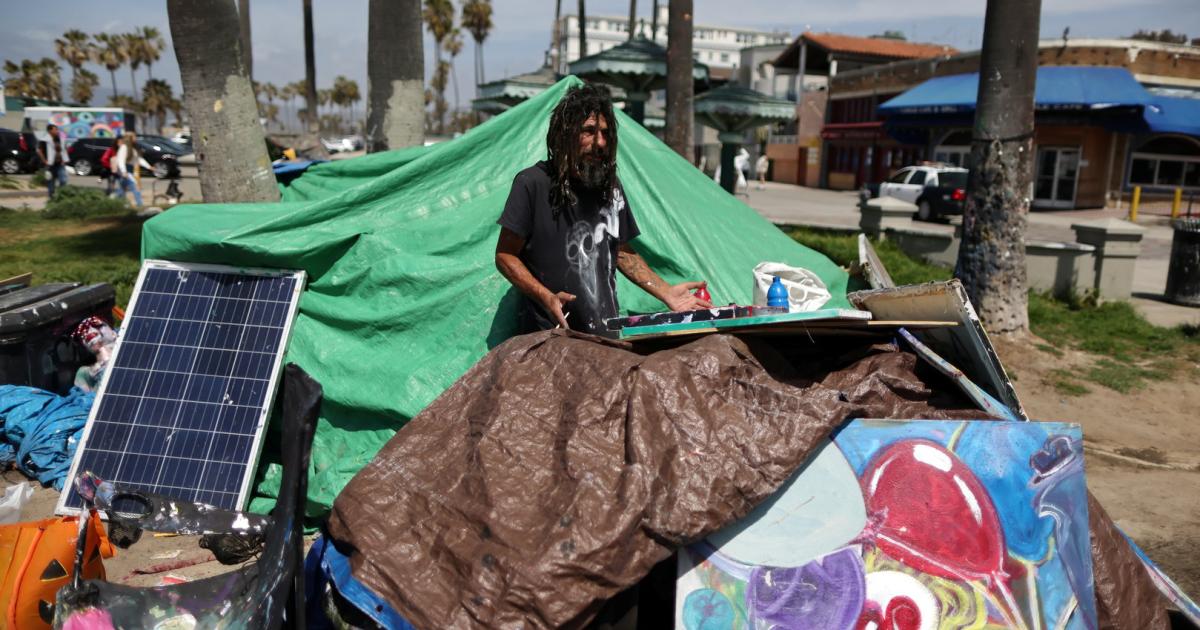Lhe months of May and June are often less busy in hospitals. This year, it is not.
“We anticipate a busy summer with little or no lull in the four Chaudière-Appalaches emergencies,” confirms spokesperson Mireille Gaudreau, of the regional CISSS.
A “different world” compared to last year. In May 2020, The sun reported that visits to the emergency room at Hôtel-Dieu de Lévis had dropped in the wake of the pandemic. Just over a year later, “no time to breathe”. We’re back to “pre-pandemic” levels, and more.
READ ALSO: Fear eats away at emergencies
“It was a big month of May, with a rather severe overcapacity”, testifies the Dr Jean Lapointe, emergency physician at Hôtel-Dieu de Lévis and assistant director of professional services at the Integrated Health and Social Services Center (CISSS) in Chaudière-Appalaches.
It’s the same everywhere, according to the Dre Judy Morris, President of the Quebec Association of Emergency Physicians. “It picked up beyond what we were used to, with a variety of everything and more,” she explains.
Over the past ten days, the province’s average emergency room occupancy rate has almost always exceeded 100%. In the greater Montreal area, some hospitals approached more than double, others crossed it.
For several reasons.
Deconfinement, consultation delays
“There is a temporal correlation with the beginning of deconfinement”, observes first the spokesperson of the CHU of Quebec Bryan Gélinas. At l’Enfant-Jésus, where subspecialized trauma care is provided for all of Eastern Quebec, cases of trauma are on the rise.
“This ” usual ” clientele was less present during the pandemic, but we find it again at the beginning of summer.”
The lifting of the curfew means more trips by car, the relaxation of sanitary measures encourages people to leave the house, to play sports, in particular. The Dr Lapointe of the Hôtel-Dieu de Lévis also noticed many patients who came to consult for injuries inflicted during renovations.
With life resuming, accidents happen. They were present before the pandemic, but they are on the rise. Summer vacation will start soon, accidents could be even more numerous. “We must take advantage of it, of course, but not necessarily try to make up for the time lost in the last year,” warns the spokesperson for the CHU de Québec.
The early hot weather also brought people with heart or lung problems to the emergency room. Some, moreover, who postponed a consultation.
“The fact that we have had activities offloading has had an impact, several pathologies usually taken quickly are taken care of out of time or have not yet been treated definitively. We only have to think about our surgical cases. This leads to a higher consultation rate for the same problem, ”specifies the spokesperson for the CISSS de Chaudière-Appalaches.
“We are therefore living the repercussions of the pandemic. People arrive with a consultation delay in part due to the limitations of teleconsultation with a doctor. ”
Access to primary care is in fact not 100% back. To reduce the “pressure” on the network, medical clinics will have to resume monitoring their patients, believes the Dre Judy Morris of the Quebec Association of Emergency Physicians.
Staff “at the end of the line”
Especially since in emergencies, the workforce continues to lack. After three waves of COVID-19, departures of employees and staff who will take vacations, the network is “stretched”, raises Dre Morris.
At the CISSS de Chaudière-Appalaches, units are closed or reduced due to a lack of personnel. The presence of a unit for patients with COVID-19 at Hôtel-Dieu de Lévis occupies not only beds, but also arms, which have become unavailable to treat other types of clienteles.
The teams are also still subject to tight sanitary measures, in the prevention of infections, thus adding “heaviness” to their work. Their efficiency is reduced by at least 15%, according to the regional CISSS.
In short, “the fall promises to be difficult”, anticipates the Dr Jean Lapointe. The rest will have to be postponed until later: the waiting lists have lengthened during the health crisis and the delay to be made up is important.
This is not to mention the fear of a backlash from the pandemic, which could appear on the horizon.
“With the Delta variant, we may be talking about a fourth wave. It’s scary, we’re starting to find it difficult, ”he says.
He’s not shy about it. “Everyone is at their end.”
–


